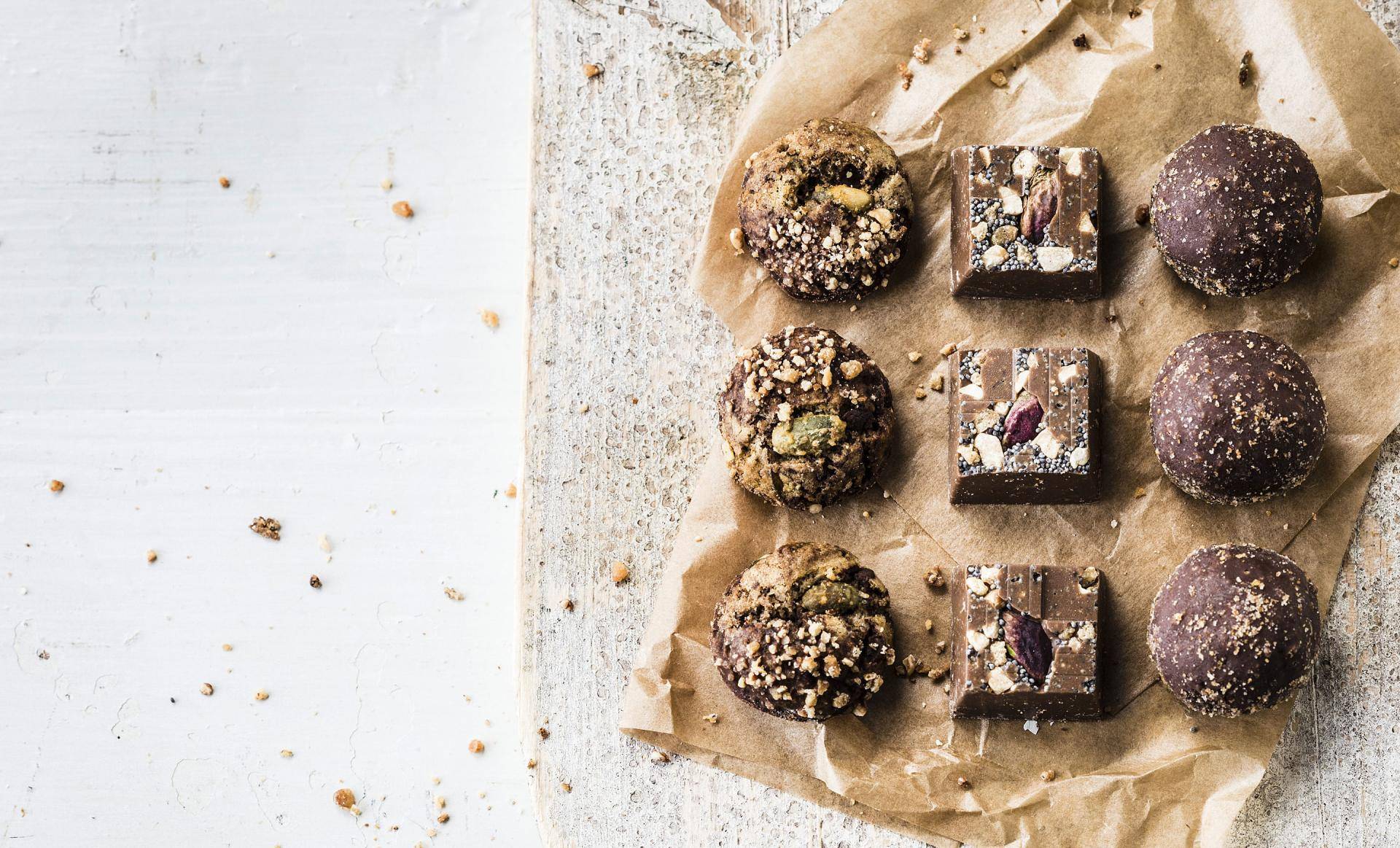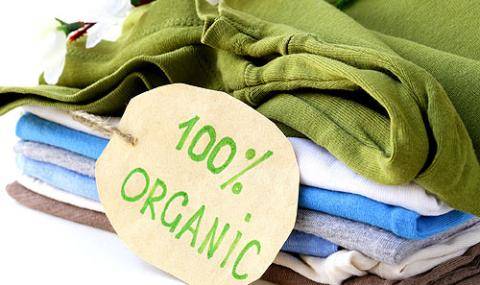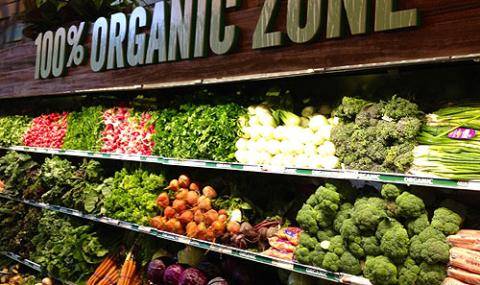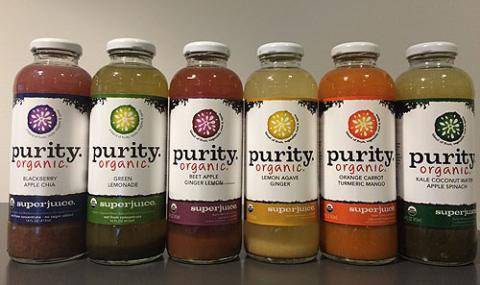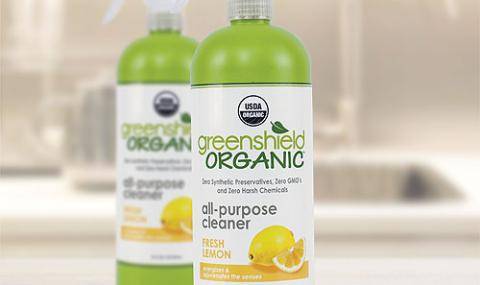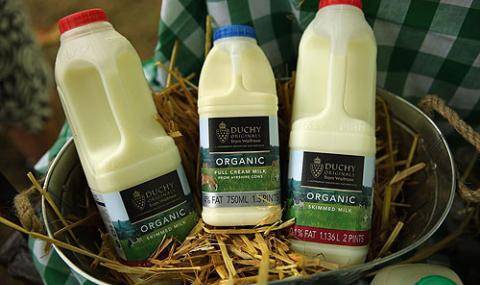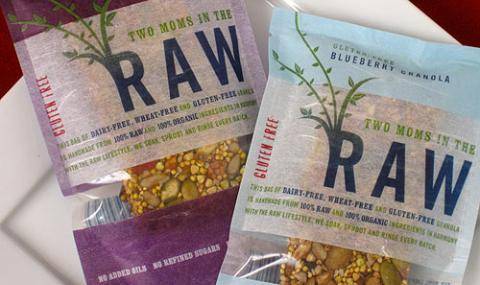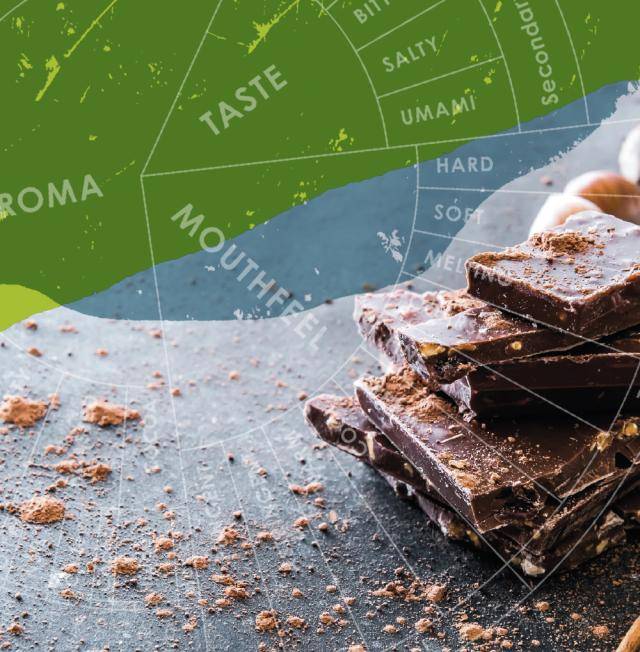
Organic is here to stay!
Organic chocolate offerings increased greatly over the past five years, as both chocolatiers and chocolate manufacturers have continued to grow their range of organic chocolate products.
More than 20% of consumers are very interested
in buying organic chocolate.
Barry Callebaut consumer research - 2018
Organic drives clean label & health cues
According to consumer data, organic is the leading association (68%) in consumers’ perception of “clean label.”‘Other factors include “products found in the fresh food section,” (61%) “those made with familiar sounding ingredients” (58%) and those made “with ingredients coming from plants or animals” (51%).
The perception that organic products are healthier is motivating consumers to purchase more organic products. Concerns about the potential effects of pesticides, hormones, GMOs and antibiotics, along with the desire to avoid highly-processed food and artificial ingredients are top reasons to buy organic.
Products made with fresh, natural and/or organic ingredients carry similar weight with consumers (57%)
Nielsen - Global Sustainability Report 2015
Consumers have an increased interest in organic, especially when it comes to products that children consume. Although organic claims are often used on baby food, they are less commonly used on kids’ food and drinks. There’s an untapped opportunity in organic kids’ food.
"51% of parents say they are interested in healthier versions of their children's favorite treats.”
“3-4% of parents are more willing to buy organic food and drinks than adults without children.”
“31% of consumers in Europe say organic and all-natural claims in baby food are important.
Mintel – Foodnavigator, Sept 2017
Organic is attracting certain consumers
Organic users’ lifestyle characteristics reveal a very active, community-involved, highly-influential and information-seeking consumer group. Young consumers are the most likely to buy into claims like organic. Millennials are seeking new experiences for a healthier lifestyle and cleaner living. This is driven by an enthusiasm among them to improve their eating habits. The increasing coverage of food trends and healthful eating across media platforms- including bloggers and mobile apps like Instagram - provides aspirational lifestyles to follow.
47% of the 18-34 age-group changed their eating habits toward a healthier diet over the past year, as compared to just 23% of those aged over 55."
"53% of those aged between 18-34 expect to change their eating habits in the next year compared to 19% of those aged over 55.
PwC - Healthy eating is increasingly on consumers’ agenda, with Millennials leading the way - 2016
Organic’s Bright Future
Today’s Millennial = Tomorrow’s organic parent.
Today only 25% of Millennials are parents. In the next 10-15 years, 80% of Millennials will be moms and dads. What this means for the organic market could be transformative. Over the next 10 years, we’ll see a surge of new organic eaters and consumers - the Millennial parents of tomorrow and their children. Organic attributes already impacting them today will reach a tipping point in the future.
Discover how you can leverage the organic trend and get inspiration for your own product range
